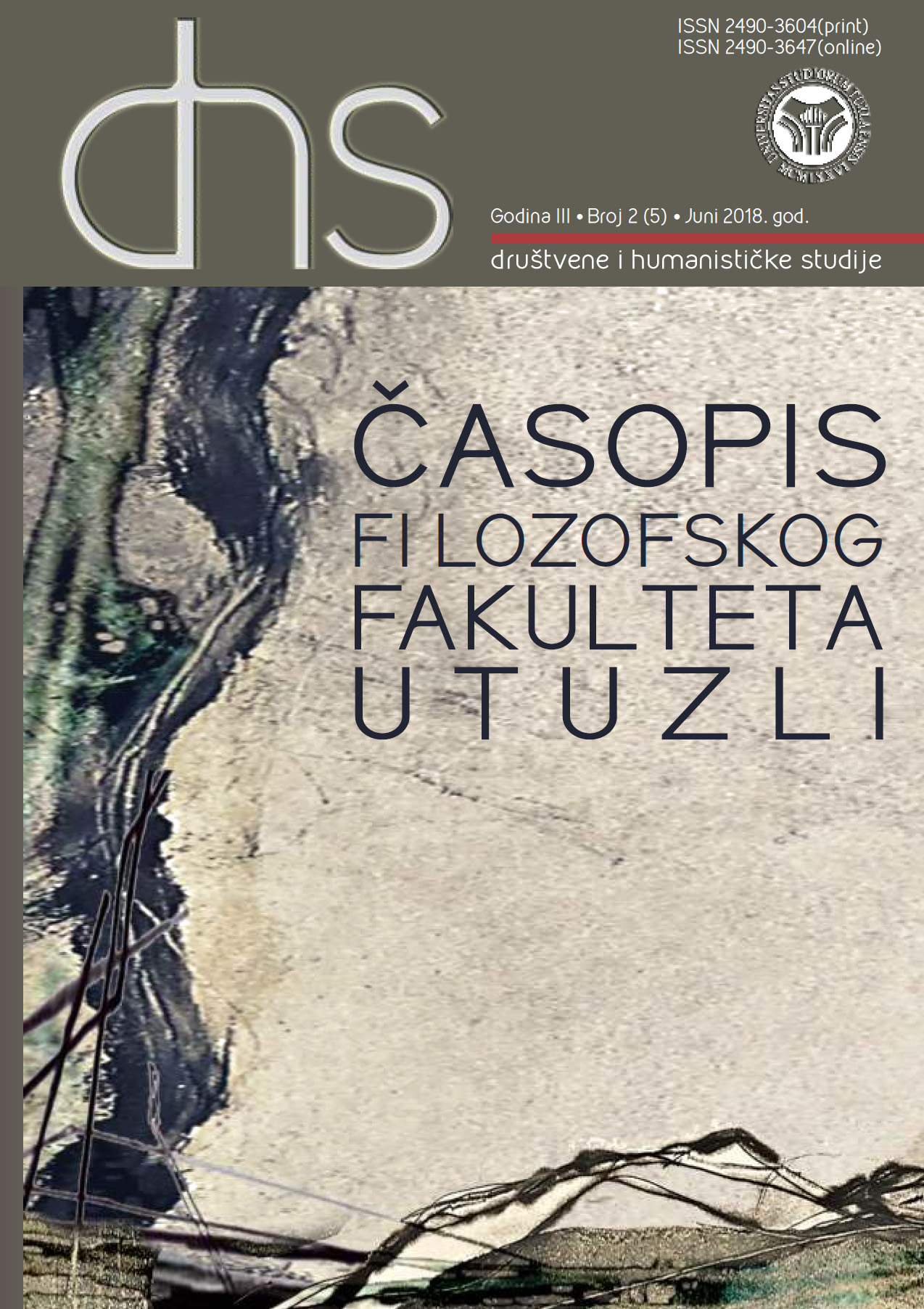Sociodemokrafske karakteristike porodilja i postpartalna depresivnost
The Tendency to Postpartum Depression With Respect to Personal Characteristics of the Postpartum Women
Author(s): Anida R. FazlagićSubject(s): Social Sciences, Psychology
Published by: Filozofski fakultet Univerziteta u Tuzli
Keywords: postpartum depression; postpartum women; personal characteristics;
Summary/Abstract: Postpartum depression is a bio-psycho-social phenomenon, of a still unclear etiology. This mood disorder is characterized by causeless sadness, thoughts on the absurdity of life, loss of interest in most activities, full dispersion, and we could add a feeling of helplessness. It is particularly significant that such symptomatology is present in contextually sensitive period for a woman in biological and sociological sense, the postpartum period. The psychological aspect of postpartum depression refers to a tangle of psychological and social variables which interact and form a reaction of postpartum woman. The primary objective of this research is to understand the relation between personal characteristics ofpostpartum woman and the level of depression. The sample consisted of 145 postpartum women, mean age 27 years. Most of the respondents have an average socioeconomic status, are of secondary education, have been married, and live with their partner or their partner’s extended family. The measurements of depression were conducted twice by the same screening instrument, the Edinburgh postpartum depression scale, where the first measurement was done in the last trimester of pregnancy, and the second measurement in the first trimester postpartum. In addition to the Edinburgh postpartum depression scale, socio-demographic questionnaire was also used. The results showed no statistically significant relationship between personal characteristics such as age, marital status, employment status, education level, and parity (p≥0,05). Significant correlations were found for the variables of the perception of the body after childbirth and psychological health of pregnant women (p≤0,05). Most of psychological researches are based on the identification of psychological correlates of depression. The extension of strict clinical criteria of depression in the postpartum period creates a more sensitive framework for understanding this complex mood disorder. Most of personal characteristics in this sample are not in significant correlation with the increase in postpartum depression, but rarely checked aspects such as perceived image of the body after childbirth, and almost constant indicator of post-partum depression and impaired mental health are at significant correlations. Psychologists in cooperation with experts from other fields can assist in this important aspect of physical self-knowledge, which in turn can reduce postpartum depression.
Journal: DHS-Društvene i humanističke studije: časopis Filozofskog fakulteta u Tuzli
- Issue Year: V/2018
- Issue No: 5
- Page Range: 381-394
- Page Count: 14
- Language: Bosnian

